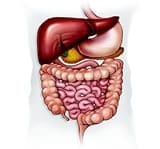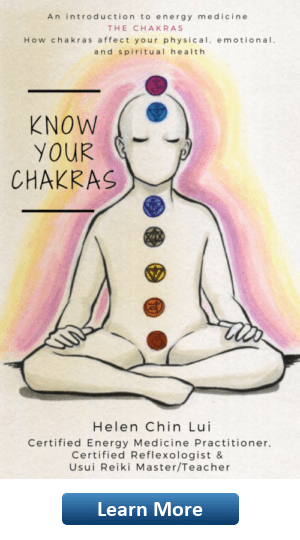Are you on the the gluten-free, dairy-free bandwagon? If so, you probably already know that some foods can cause unpleasant side effects, like bloating, gas, indigestion and low energy levels.
The frustrating part comes when you remove the problem foods from your diet, but you don’t see any improvements. Maybe you’re not sure if it’s even worth continuing to refrain from eating these foods.
In my experience, it likely is worth continuing, but there can be other factors complicating your gut. So here are four reasons that you might not be seeing results from removing these common allergens from your diet:
1. You’re cheating.
At the risk of calling you out, one of the most common reasons you might not be seeing results is that you actually aren’t following it 100%. Whenever my clients experience this, I get them to write an honest food journal for a week. Occasionally I see things like ‘a handful of candy” or “a beer.”
While these are such small amounts, and might not affect someone who can handle these foods, if you’re truly sensitive to ingredients like gluten or dairy, as crazy as it sounds, even a small amount may affect you. If you’re going to have a treat, make sure it’s a clean one.
2. You need to repair your gut.
Another possible explanation of your ongoing symptoms is that you actually have some work to do on your gut. Many times, clients complain that there is a long list of ingredients that bother them or that have come back on a food sensitivity test. When this is the case, it’s unlikely that every single food is truly a sensitivity; rather, it’s more likely that the gut is leaky and damaged and so is reacting to lots of different foods. Working with a health practitioner to target and heal the problem is essential.
3. You cross-react with other foods.
If you have celiac disease, this is an important one. Certain proteins in common foods can be interpreted by the body as gluten, and therefore cause the same symptoms as gluten. The common ones are oats, coffee, chocolate, rice and corn. To deal with this, I recommend that you eat these ingredients in limited amounts. Generally speaking, it’s usually large amounts of these foods that cause problems, versus a serving here and there.
4. You’re stressed.
If your symptoms aren’t gut related or energy related, and you eat incredibly well, it might be time to look at your stress levels. High levels of stress can cause digestive problems, and prolonged stress can even cause adrenal fatigue. Try practicing meditation, even five minutes a day, and make sure you’re doing some light exercise daily.
About the writer – Mandy King, CNP, is a Holistic Nutritionist and the founder of HEAL, the popular blog dedicated to having you looking and feeling amazing with food. A diagnosed Celiac herself, Mandy focuses on improving digestion, boosting energy and gaining more balance in life, through mouth-watering gluten free & dairy free recipes.
————————
If you would like to explore how reflexology can help you with your digestive health, please schedule a free consultation with the HealingPlaceMed by calling 508 359-6463.
For the Healing Place Medfield’s free report “Proven Alternative Ways to Heal Common Chronic Digestive Problems: What Your Doctor Doesn’t Know Can Keep You From Healing” click here.









 The Healing Place LLC helps all ages to find relief from chronic pain, chronic digestive problems and balance hormones naturally. We practice COVID19 safety. Don’t forget to check on our online school HealingPlaceEnergySchool.com. Thank you.
The Healing Place LLC helps all ages to find relief from chronic pain, chronic digestive problems and balance hormones naturally. We practice COVID19 safety. Don’t forget to check on our online school HealingPlaceEnergySchool.com. Thank you.
Recent Comments